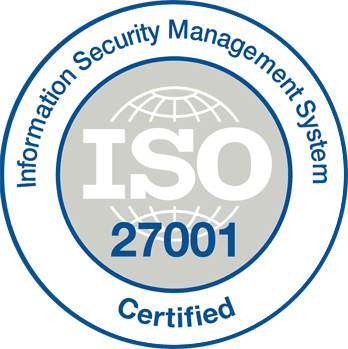Automated software development testing uses software tools to automatically perform tests on a software application or system. It is an essential aspect of software development that helps ensure software products’ quality, reliability, and accuracy.
Automated testing saves time and effort, increases test coverage, and facilitates continuous integration and delivery. Automating repetitive tasks allows software development teams to focus on more critical aspects of the development process, leading to higher productivity and better outcomes.
Types of automated testing
Software development teams can use different types of automated testing to ensure the quality and reliability of software products.
Unit testing tests individual units or components of a software application. Integration testing tests how different teams or features work together. Functional testing tests the functionality of a software application, while regression testing tests the application after changes to ensure it still works as expected.
Performance testing tests the application’s performance under various conditions, while acceptance testing tests the software application against customer requirements to ensure it meets expectations
Benefits of automated testing
Automated testing offers numerous benefits to software development teams, including increased efficiency by saving time and effort, improved accuracy and consistency, and early detection of defects, which saves time and money.
Additionally, automated testing leads to cost savings due to reduced manual testing efforts, increased test coverage by automating repetitive tasks, and facilitates continuous integration and delivery by allowing frequent and automated testing.
These benefits help to ensure that software products are of high quality and meet customer expectations while reducing development time and costs.
Challenges of automated testing
While automated testing offers numerous benefits, there are also some challenges to consider. One of the main challenges is the cost of automation, which can be high, especially for small teams or startups.
Additionally, an initial time investment is required to set up and create automated tests, and maintenance of these tests can be time-consuming and costly. Another challenge is difficulty in simulating real-world scenarios, leading to potential gaps in testing coverage.
Addressing these challenges requires careful planning, appropriate tool selection, and ongoing maintenance efforts.

Best practices for automated testing
Implementing best practices is crucial for successful automated testing in software development. Choosing the proper testing tools for your needs is the first step. The first step is to select the appropriate testing tools for your requirements.
Catching defects early in the development process can be achieved through early and frequent testing, while test-driven development ensures creating tests before the code is complete.
It’s also important to keep tests maintainable and up-to-date and use version control for test code to keep track of changes and make collaboration easier. By following these best practices, software development teams can ensure high-quality products while reducing costs and improving efficiency.
Pros
- Increased efficiency by saving time and effort
- Improved accuracy and consistency
- Early detection of defects, which saves time and money
- Cost savings due to reduced manual testing efforts
- Increased test coverage by automating repetitive tasks
- Facilitates continuous integration and delivery by allowing for frequent and automated testing
- Faster feedback loops and improved communication between developers and testers
- Reduction of human error and bias in testing
Cons
- The cost of automation can be high, especially for small teams or startups
- The initial time investment required to set up and create automated tests
- Maintenance of computerized tests can be time-consuming and costly
- Difficulty in simulating real-world scenarios, leading to potential gaps in testing coverage
- Limited ability to test certain aspects of the software, such as usability and design
Overall, the benefits of automated testing in software development outweigh the cons, and it is a crucial aspect of software development that ensures high-quality products. However, it’s essential to carefully consider the costs and challenges of automated testing and implement best practices to ensure its success.
Conclusion
Automated testing in software development is a necessary process that offers numerous benefits, including increased efficiency, improved accuracy, early defect detection, and cost savings.
However, there are also challenges to consider, such as the cost of automation and maintenance of automated tests. Implementing best practices, such as selecting appropriate testing tools, frequent testing, and maintaining tests, is critical to ensure successful automated testing.
Software development teams can achieve higher productivity and better quality and reduce costs.
Frequently Asked Questions
Automated testing uses software tools to perform tests automatically on a software application or system.
The benefits of automated testing include increased efficiency, improved accuracy, early detection of defects, cost savings, increased test coverage, and facilitation of continuous integration and delivery.
The types of automated testing include unit testing, integration testing, functional testing, regression testing, performance testing, and acceptance testing.
The challenges of automated testing include the cost of automation, the initial time investment required to set up and create automated tests, maintenance of automated tests, and difficulty in simulating real-world scenarios.











